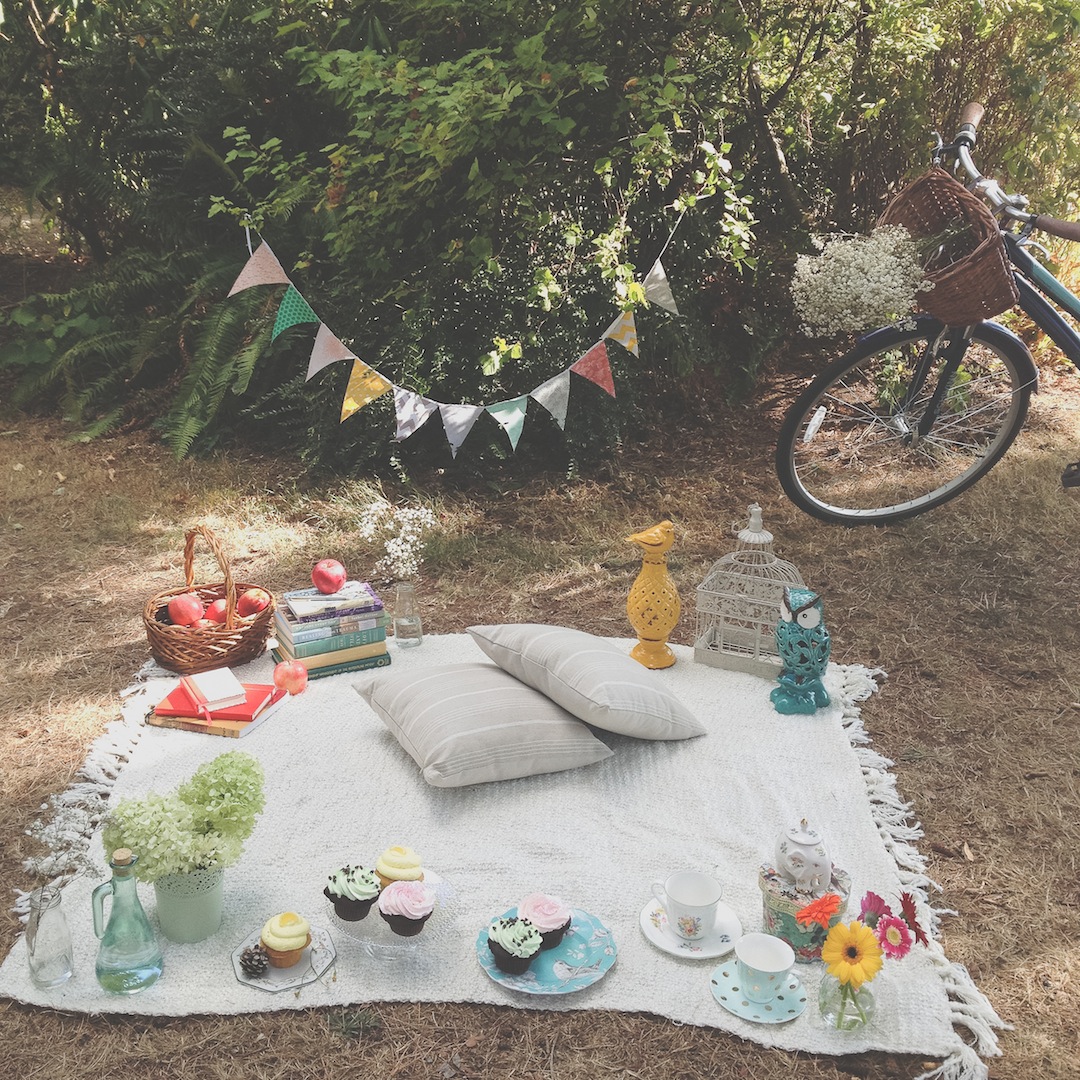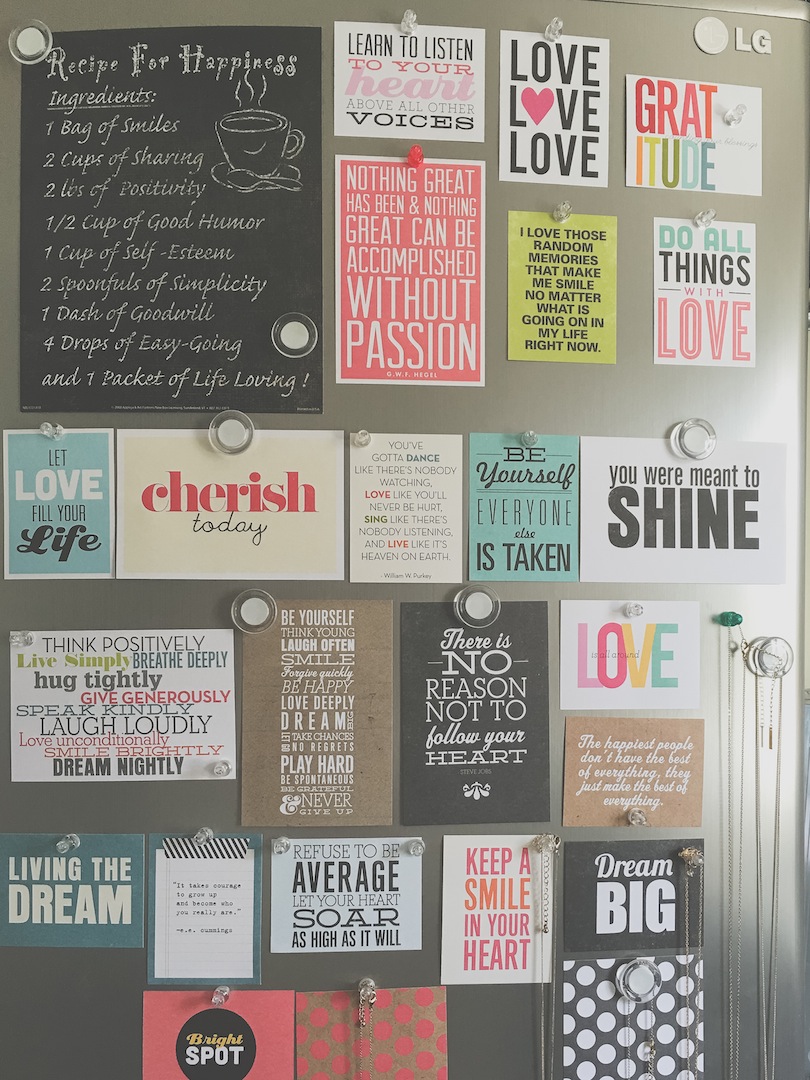According to the social comparison theory, suggested by psychologist Leon Festinger, we evaluate ourselves through comparing ourselves to our peers: we compare such things as intelligence, wealth, and attractiveness. Social comparison is inevitable and is part of human nature.
Upward comparison refers to comparing ourselves to people who are better than we. Downward comparison refers to comparing ourselves to people who are worse than we. Many studies have shown that both types of comparisons have pros and cons. I encourage you to acquaint yourself with the various complex and conflicting findings about this topic.
When It Gets Out of Hand
While studies show that our brains have a strong tendency to compare ourselves to others, social comparison can get out of hand and become excessive.
People who engage in upward social comparison can feel inadequate, or inferior to their peers, to a point where they refuse to move forward in life or to try new things. These emotions can lead to a cycle of unhappiness, even jeopardizing people’s identity.
Sometimes, comparison can lead to the emotion of jealousy and even the act of bullying. People who feel insecure about themselves see that others are better than they, and some of them decide to go around bullying others.
People who are bullied, as a result of others’ comparison and jealousy, need encouragement to be strong and to maintain healthy self-esteem:
Jealousy is the best compliment. (Author Unknown)
Never hate the people who are jealous of you but respect their jealousy because they’re the ones who think that you’re better than them. (Author Unknown)
能受天磨真鐵漢,不遭人忌是庸才。
Unfortunately, many people are deeply and negatively affected by bullying.
I have come to realize that a lot of people have stored bitterness in their hearts, as a result of different adverse or unfair life experiences. And that bitterness cannot be contained; therefore, it spills over into their speech, facial expressions, thoughts, attitudes, decisions… sometimes, they are not aware of that. Hurts, pain, and sorrow all need to be dealt with in a therapeutic manner… otherwise, every decision in life is directed by that stored and trapped bitterness, which would not lead to peace and joy.
Human Nature
Social comparison is part of human nature, but we must learn a healthy way to compare ourselves to others. We can argue that there are many things in life that are part of our human nature, including anger, hatred, and jealousy. In therapy, we know that we cannot reject these emotions, but instead we need to discuss them, express them, and learn to manage them. But with time, perhaps a lengthy period of time, the final goal is to manage these emotions constructively, instead of letting them grow continually in us day after day, or even turn them into harmful actions. Similarly, we do not need to reject social comparison. We can acknowledge that we compare ourselves to other people. But finally, we do need to manage social comparison so that we are not preoccupied with it in a destructive way.
Can Social Comparison Be Good For You?
Research says yes.
While downward comparison can increase our subjective well-being, the motives behind such comparison can be unhealthy. If we need to see someone else doing badly in order to feel good about ourselves, it shows a weakness in our self-esteem and also a lack of respect for others.
The healthier approach to downward comparison is: “There are people who are less fortunate than I am; I feel grateful for what I have, and I would like to give what I have, to help other people, and to lift them up, so that we can all feel good about ourselves!”
青出於藍, 而勝於藍
The blue dye, 青, extracted from the plant, 藍, has a deeper colour than the plant
Meaning: the student, taught by the teacher, outperforms the teacher, or people surpass their predecessors
The greatest teachers (the “plants”) would not only want their students (the “dye”) to do well, but to surpass themselves!
Upward comparison can motivate us to do better. When we acknowledge that we have a growth mindset and we learn from others who are more successful than we are, we can improve ourselves. Sometimes we don’t even need to “improve ourselves”: we can simply appreciate someone else’s talent or success. If we enjoy a great artist, musician, or writer, we don’t necessarily need to then attempt to become a great artist ourselves… we can accept the talents and skills of others as a joy of nature, and we can even carry on enjoying our own more humble talents and skills.
Let’s always remember that no matter how much we achieve, there is something that we don't have, but other people have. And there is something that we have, but others don't have. To spend our lifetime comparing ourselves to our peers and feeling inadequate or jealous would be an endless and unnecessary burden. In reality, there is no end of comparison.
I strongly believe that when we reach the point of healthy self-worth, we would not spend too much of our time and energy comparing ourselves to other people. Instead, we would shift our focus, and be intrinsically motivated to improve ourselves and help others improve themselves too.
Schadenfreude
If other people suffer, especially those who have harmed us in the past or those whom we feel jealous of, and we derive pleasure from their misfortune and feel better about ourselves as a result of that, what good can come from this type of happiness? Such happiness is temporary, and it would probably lead to the feeling of guilt. How can we let other people’s suffering be the foundation of our happiness? How can such happiness be pure and long-lasting? To derive pleasure from people’s misfortune often originates from bitterness, low self-worth, or the inability to genuinely forgive others.
Perhaps we all have a good guy and a bad guy inside of us.
Maybe all of us have a battle within ourselves; some may have a bigger battle, while others may have a smaller battle. We do not need to fear the bad guy or even pretend that the bad guy does not exist. What we have to do is to let the good guy be in charge, and learn ways to tame the bad guy so that it doesn’t get much of a chance to direct our speech and behaviour, or make life decisions for us.
Self-improvement
When it comes to self-improvement, I always strive to focus on myself because I know that we are all gifted in different ways. I want to be myself: recognize my strengths, expand the areas that I am good at, be creative, and find my own path. I try my best, and I leave the rest.
I am in competition with no-one. I have no desire to play the game of being better than anyone. I just aim to improve, to be better than I was yesterday. (Author Unknown)
We may engage in social comparison now and then. But as with everything in life, if we do not find it helpful or healthy, we do not have to play with the idea, and we must practice stepping away from it.
Mediocrity
There is a lot of competition nowadays in everything from academics to sports to performing arts, such as music recitals. Sometimes a focus on achievement, and a commitment to strive even in the context of failure could lead to an unhappy perfectionism, and a larger failure to appreciate the joy and meaning of the activity itself, such as learning, playing on a team, or playing music for self and others. So I think that purposefulness even in the context of some kind of mediocre performance is vital as a life skill. It is great to strive for excellence, but greater still to strive to share meaning even with modest technical skills.
I think the therapeutic answer to this is to encourage a view of life in which we can humbly accept aspects of ourselves which are mediocre without becoming angrily threatened by challengers who exceed us in some way. That is, to develop a grand sense of sportsmanship in life, where one can be polite and gracious, yet self-respecting and happy, even when your competitor is beating you in a game!
Many therapy clients might have a similar problem, of envying others who are more successful in life, academically, professionally, socially, etc.; a common pathway is for such a client to stew with resentment, and then to feel worse and worse with time. A more therapeutic pathway is to help that person celebrate their special role in the world, in spite of, or even because of, those parts of themselves which might be mediocre.
The Positive Side of Social Comparison
If we have compared ourselves to other people, we would realize that there are many people in the world who are just as talented or accomplished or attractive as we are, or even better than we are! Such realization can help us remain humble.
You are special, but you are not the only special one!
井底之蛙
A frog at the bottom of a well has only a limited view of the sky.
This is a Chinese idiom that conveys the idea that boastfulness or ignorance is often caused by a limited perspective, and unhappy life circumstances.
Only frogs in the well would think that they are “the best” because they have lived in the well for too long. But if they were willing to climb out of the well, they would see that the real sky is unlimited.
Any award or position or wealth that you have acquired could also be acquired—or exceeded—by other people. People may have accomplished similar things in the past. Other people may accomplish similar things in the future. You can be a prodigy and excel in one area or many areas in life, but there must be an area that you are not good at, or an area in which you require others’ assistance or guidance.
Be humble. Humility is good for you, for other people, and for the world.
We can rejoice in each other’s success and support each other.
We do not have to be competitors. We can be allies—or better still, one humanity.
Affirmation: I enrich my life when I strive for personal growth and self-improvement, while respecting and admiring the achievements of others.
























































